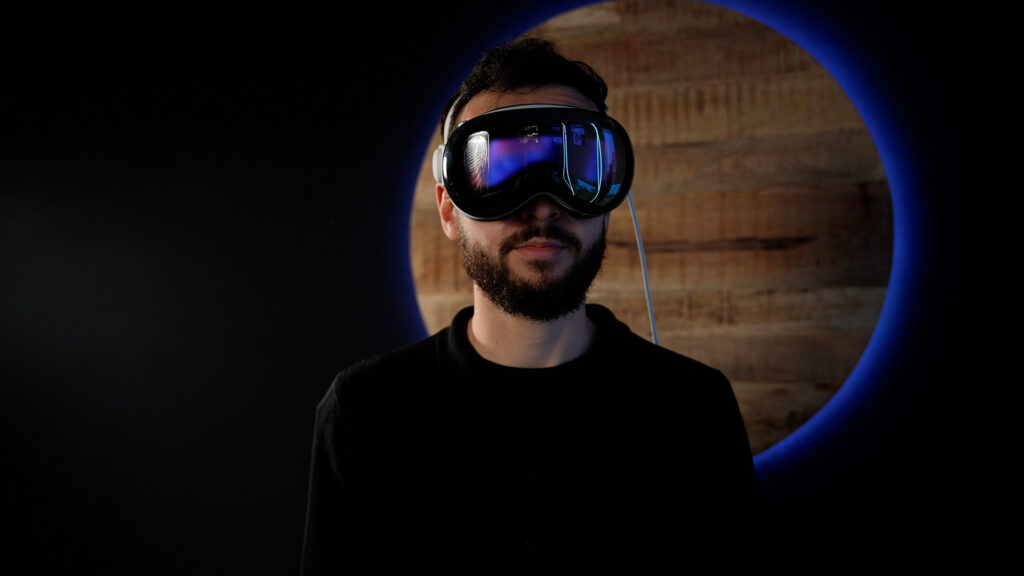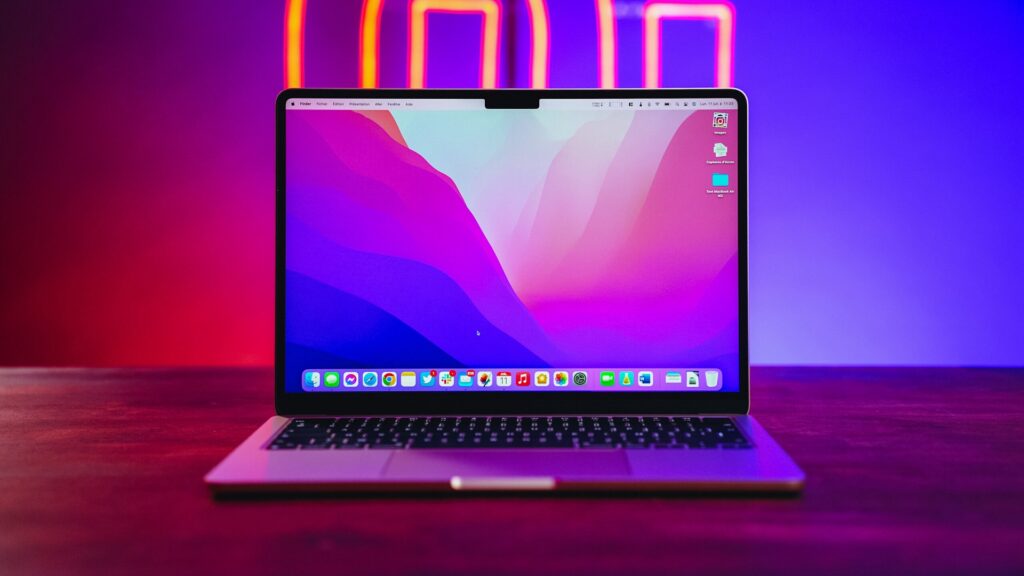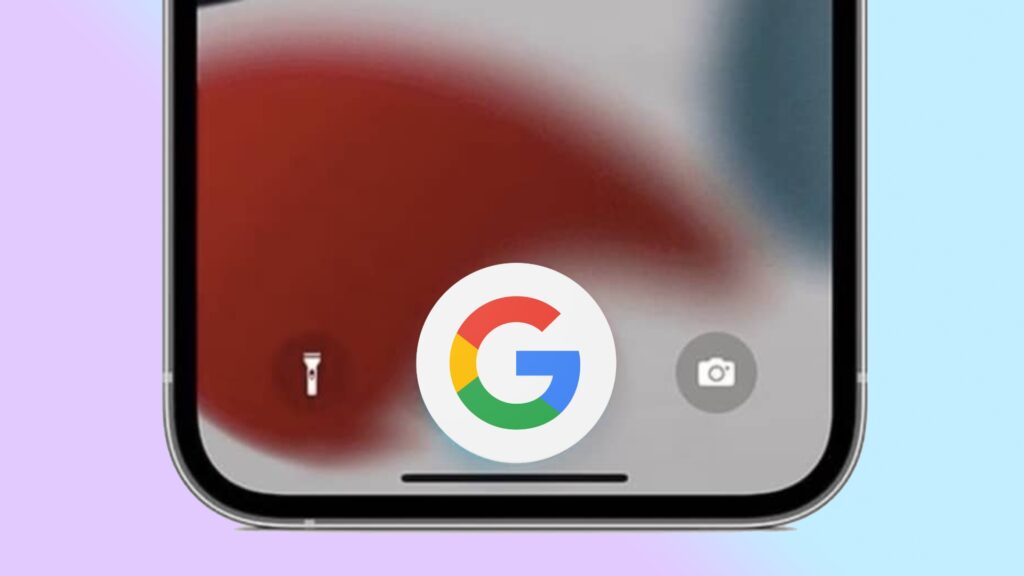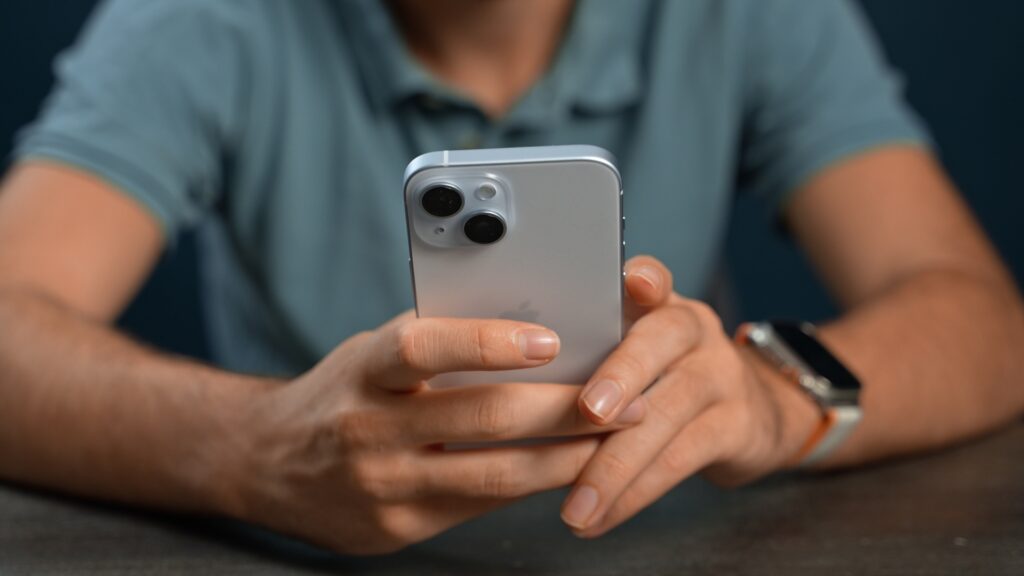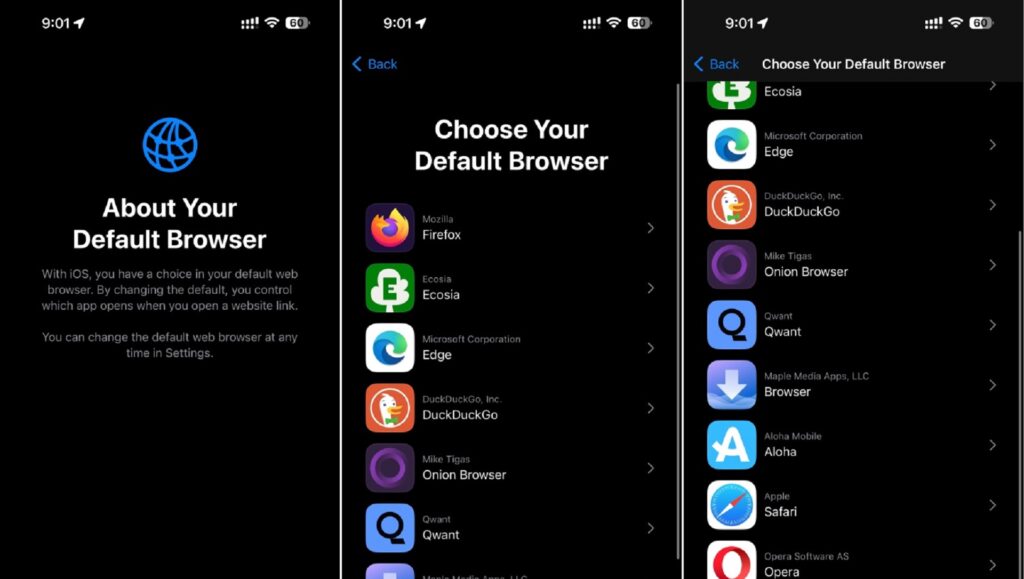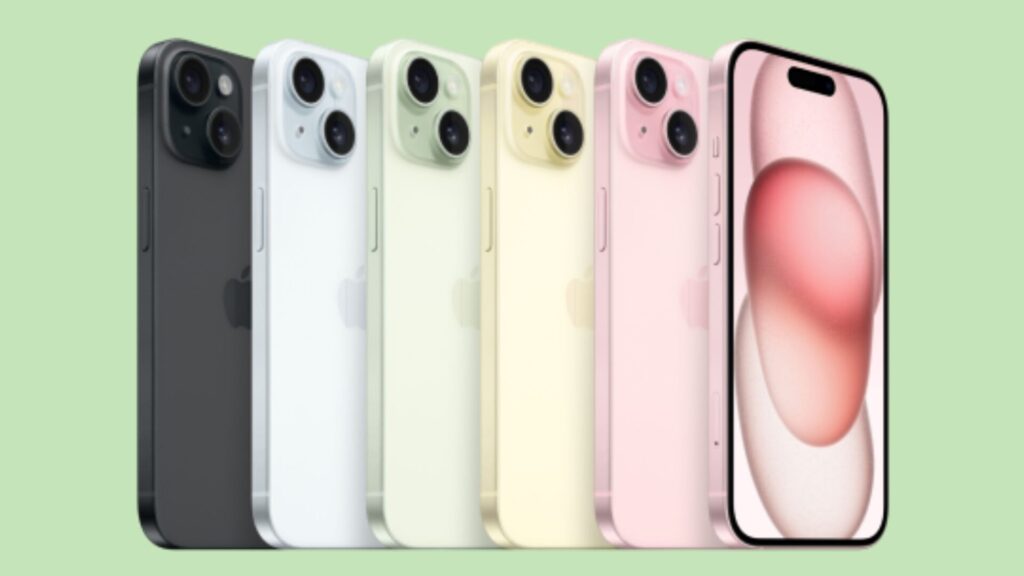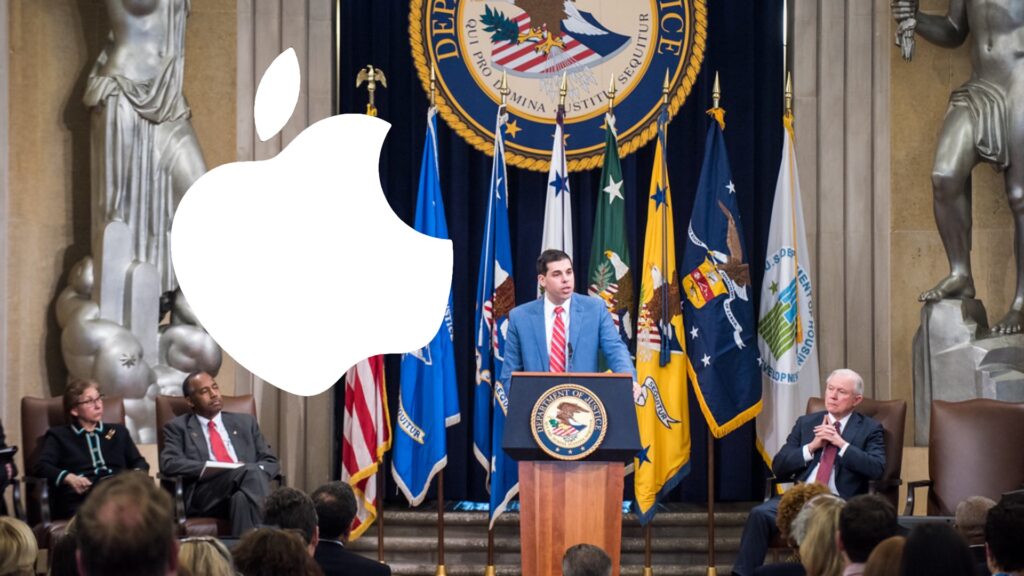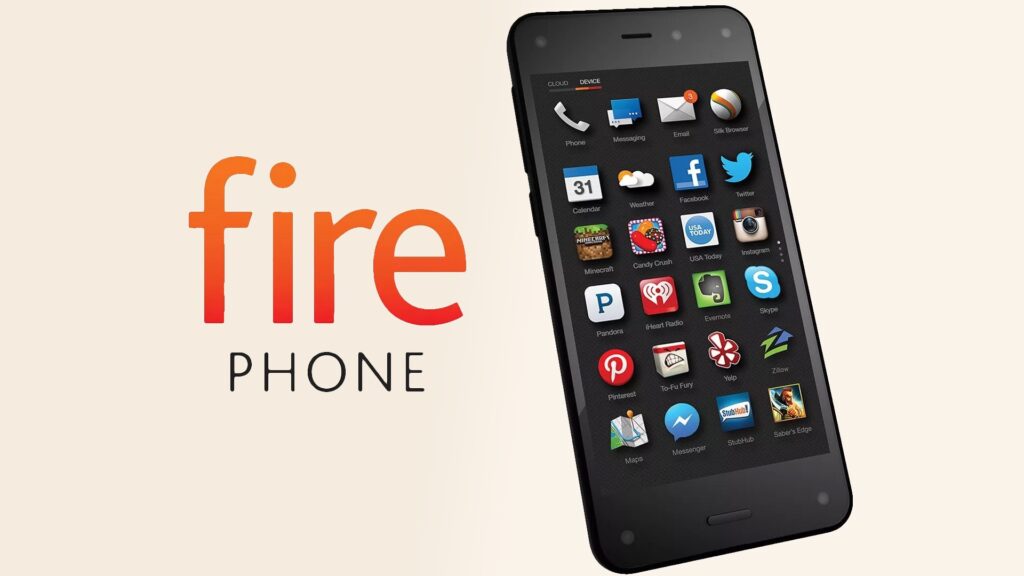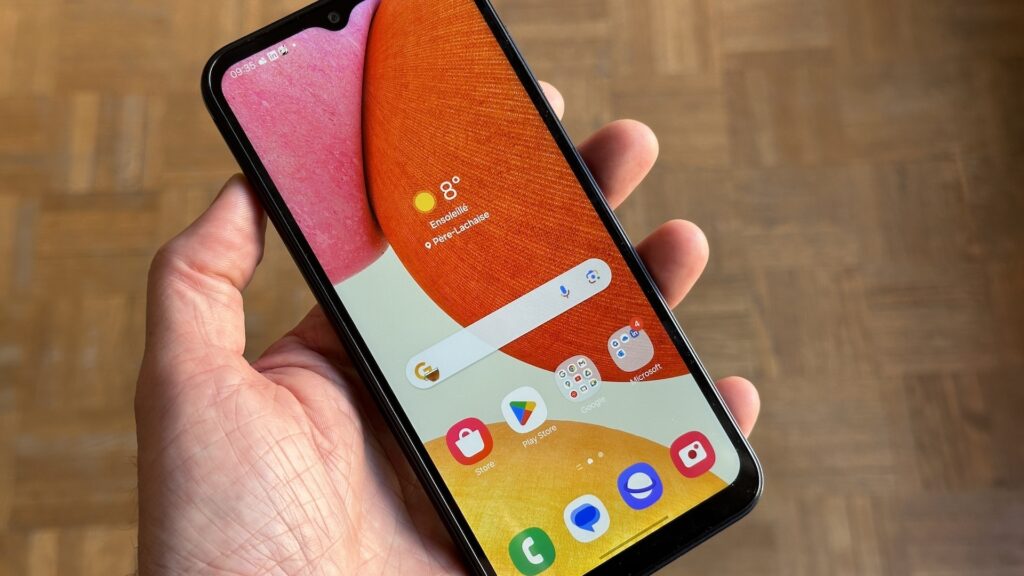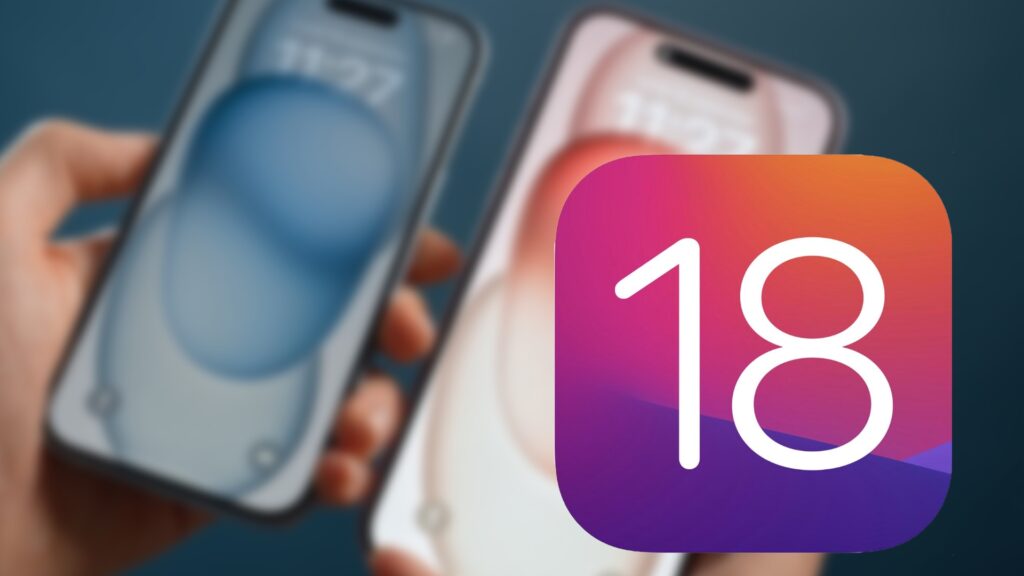Apple Vision Pro : test, fonctions, prix, sortie en France… toutes les infos
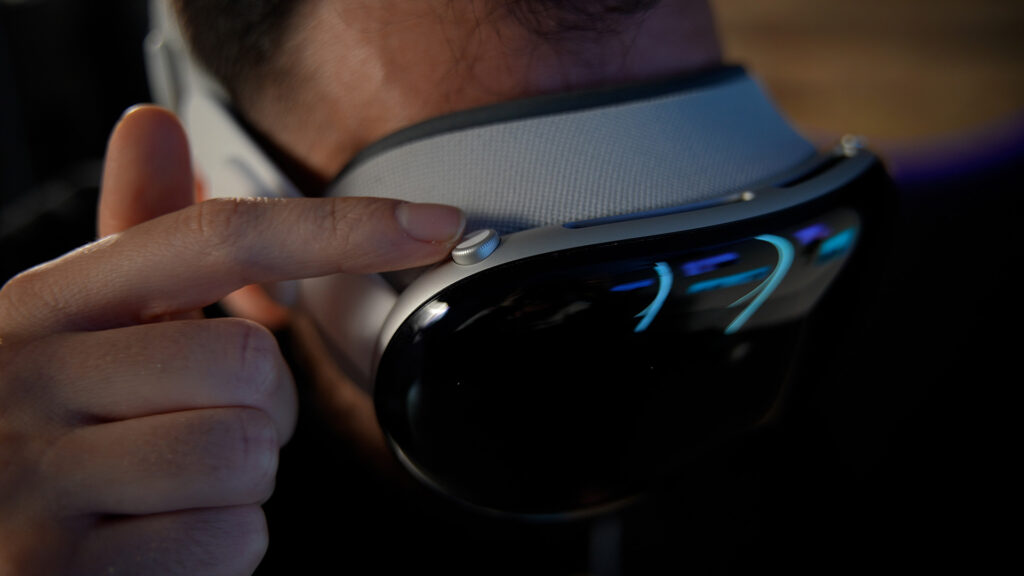
Disponible depuis le 2 février 2024 aux États-Unis, l'Apple Vision Pro est un des paris technologiques les plus ambitieux de la décennie. Ce casque de réalité mixte, qu'Apple qualifie d'ordinateur spatial, rêve de révolutionner l'informatique. Que sait-on exactement de son fonctionnement ? De ses caractéristiques ? Cet article récapitule toutes les infos connues sur l'Apple Vision Pro.
